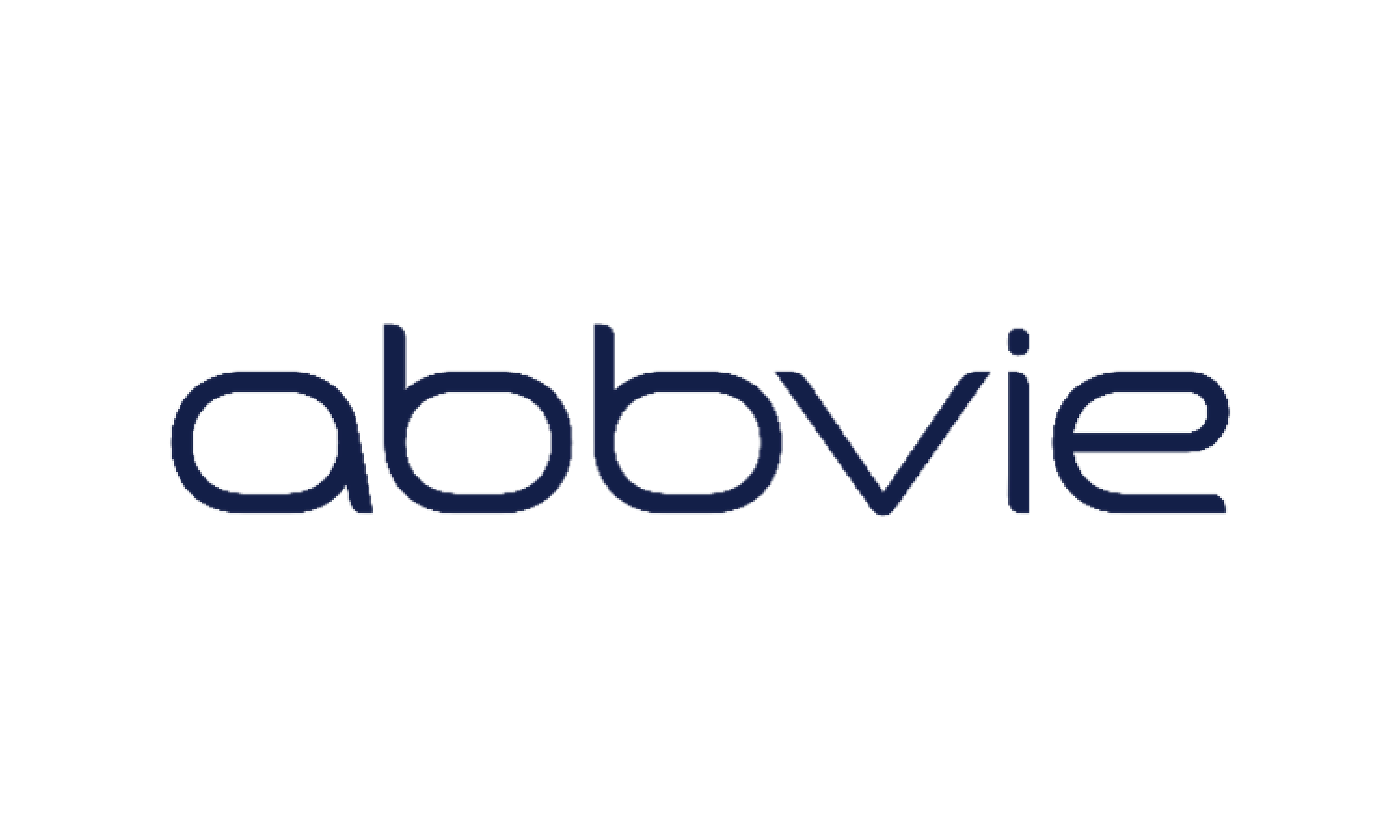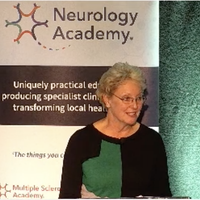Event
Spasticity Basics
Spasticity Basics is a series of on-demand sessions covering the essentials of recognition, treatment and management of spasticity, intended for non-specialists.
Gold sponsor: AbbVie Ltd, Ipsen Ltd


This activity has been funded by sponsorship from Merz Pharma UK Ltd, AbbVie Ltd and Ipsen Ltd. The sponsors have had no control over the educational content of this activity.
Background
Spasticity is a symptom of damage to the brain or spinal cord and causes muscle tightness which the individual cannot control. People who have had a stroke, spinal cord injury, traumatic brain injury, have cerebral palsy, or have a progressive neurological condition such as multiple sclerosis may experience spasticity. It can present as rigidity all of the time or increase during activities and may affect one limb only or the whole body.
Due to muscle tightness people may experience difficulties with personal care tasks such as being able to get their hand open for hygiene and nail care, be able to get clothing on or be able to get comfortably positioned. It may also impact on their ability to carry out functional tasks such as interfering with walking and reaching out to grasp items.
Spasticity will affect each person differently and a good understanding of spasticity, assessment of how it is impacting on their quality of life and treatment options will help it be managed by the person themselves and also healthcare professionals in the acute setting, the community and by specialist spasticity services.
What will delegates learn?
Spasticity may be first noticed and therefore treated by a wide range of healthcare professionals, from GPs or therapists, to nurses or consultants, and this makes a basic understanding of spasticity, and of the care pathway to manage it effectively, important for every healthcare professional.
This course will give delegates:
A good understanding of what is - and what isn't - spasticity
Confidence in assessing spasticity and supporting outcomes-based planning
A basic overview of treatment and management options and how to support someone well
A clear understanding of when and how to refer a patient for specialist support
An overview of the whole care pathway and what good services look like for spasticity
Who is this course for?
This course is for registered & practising HCP's and is perfect for non-specialists looking to gain an understanding of non-specialist management of spasticity and referral pathways into specialist services. Our virtual series covers everything you need to know to support patients experiencing spasticity.
Community teams, junior doctors, GPs, therapists and early-career specialist nurses will all find this an invaluable overview to help them best support their patients living with spasticity.
'A lot of professionals are involved in treating spasticity, and there's real inconsistencies in how services are delivered around the country. We want to establish a strong baseline understanding of spasticity and how to support people living with it, at a primary and community level and within specialist services - and to highlight the referral processes between them.'
Dr Rachel Farrell
Programme
Last updated: 7 March 2023
Timeframe
- Module 1 will be launched on Monday 7th November 2022 with each of the subsequent modules (2-5) launched weekly thereafter, up until Monday 5th December
- There will be a live question session on a date yet to be confirmed in early 2023, to respond to any questions posed by delegates throughout the course.
Estimated time to complete the course:
With approximately 7 hours of video sessions plus further reading and resources, we anticipate this course to take 2-3 days to complete.
Costs of the course
This is a free course for UK delegates. To reserve your space on this course, please complete our registration form.
Access to course resources
Delegates will be able to access sessions, presentation slides and other resources for 6 months after completion of the course with their website account.
Were you registered on this course?
Log in to access resources..
LoginPlatinum sponsor: Merz Pharma UK Ltd

This activity has been funded by sponsorship from Merz Pharma UK Ltd, AbbVie Ltd and Ipsen Ltd. The sponsors have had no control over the educational content of this activity.
Gold sponsor: AbbVie Ltd, Ipsen Ltd


This activity has been funded by sponsorship from Merz Pharma UK Ltd, AbbVie Ltd and Ipsen Ltd. The sponsors have had no control over the educational content of this activity.
Speakers
 Dr Rachel Farrell
Dr Rachel FarrellConsultant neurologist, National Hospital, Queen Square
 Dr Damon Hoad
Dr Damon HoadConsultant in rehabilitation medicine, Warwick Medical School
 Wendy Hendrie
Wendy HendrieMS specialist physiotherapist, Norwich MS Centre
 Lynsay Duke
Lynsay DukeAssociate AHP director neurological and specialist services/ professional lead neuro occupational therapy, Walkergate Park Centre for Neurorehabilitation and Neuropsychiatry
 Stephen Ashford
Stephen AshfordConsultant physiotherapist and hon. associate professor (reader) in rehabilitation, King’s College London
 Pam Bostock
Pam BostockConsultant occupational therapist in neurology, Midlands Partnership Foundation NHS Trust
 Sue Thomas
Sue ThomasIndependent healthcare consultant & PPV member, NHSE neurology transformation CRG
 Elizabeth Keenan
Elizabeth KeenanNurse consultant in neuro-disability, University College London Hospitals NHS Foundation Trust
 Aimee Pinto
Aimee PintoAdvanced physiotherapy practitioner in spasticity management
Optimised education, compassionate care
Spasticity Academy seeks to address inconsistencies in service delivery and raise the level of care patients can access through improved awareness and understanding of spasticity across conditions.